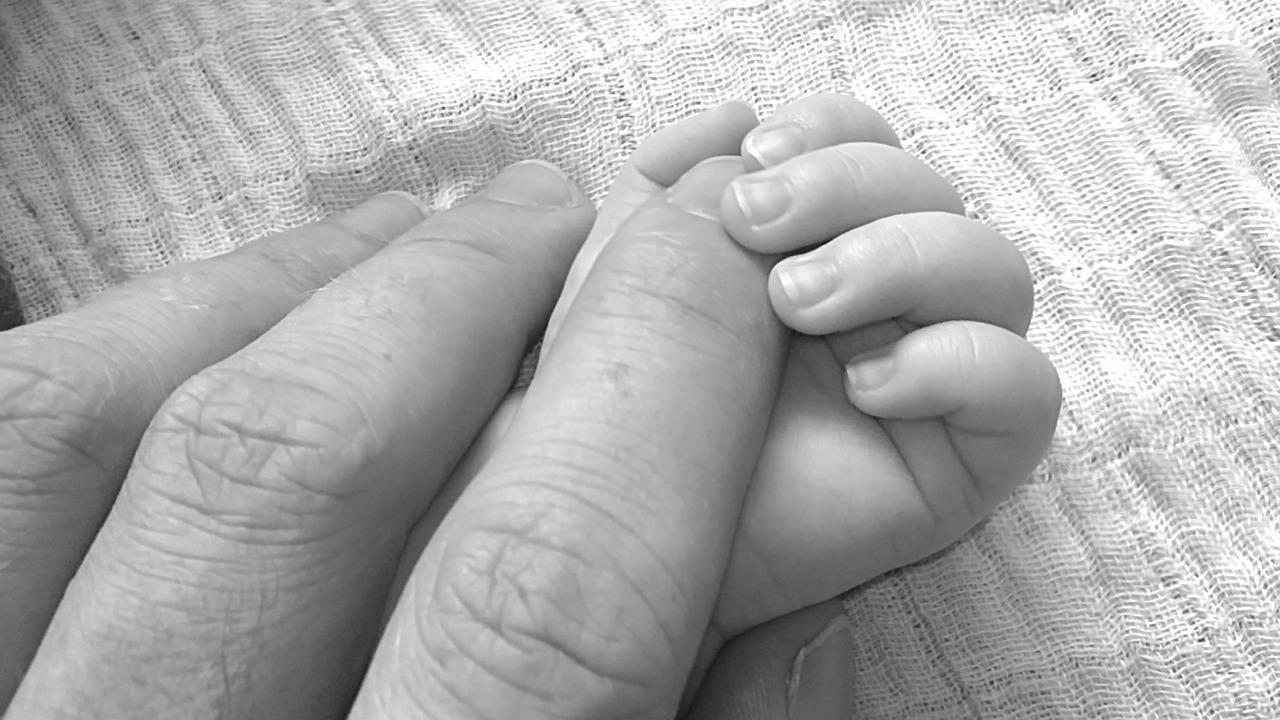
Too Many Women Around the World Still Die During Pregnancy and Childbirth. Canada has a role to play
Every day approximately 830 mothers around the world die due to pregnancy and childbirth complications. Most of these are preventable deaths. That’s why improving childbirth outcomes was a critical issue at the recent G7 Health Ministers meeting attended by Canada.
We know where it’s happening. The number of mothers that die relative to the number of births – what’s called the mortality maternal ratio – is much higher in low-income countries. In 2015, the maternal mortality ratio in low-income countries was estimated at 239 per 100,000 births compared to 12 per 100,000 in high-income countries.
We know that improving access to health care services is important for pregnant women. In fact, this is number five of The Millennium Development Goals adopted by the United Nations and 23 international organizations, including Canada, in 2000.
Canada supported that goal by spearheading the 2010 MUSKOKA initiative, where G8 countries invested $7.3 billion to reduce maternal, neonatal and child mortalities globally. Canada itself invested $1.1 billion to the cause.
But what if access to healthcare services isn’t enough? What if expecting mothers, despite the risks they see around them, reject healthcare services offered to them?
That’s what researchers discovered in a meta-analysis on the barriers expecting mothers face when seeking medical care in low and middle income countries.
Studies reported women being concerned with or having previously experienced practices in healthcare facilities that can be filed under the official heading “disrespect and abuse.” For example, care in hospitals and health facilities was often associated with physical and verbal abuse, non-consensual care, discrimination, neglectful care, lack of privacy and even detention against the patients’ will.
The analysis found hospital facilities were perceived to be providing too many invasive interventions, such as unnecessary vaginal examinations, that they were insensitive to privacy issues and that they took away women’s control over the birthing process.
Many complained of a lack of supportive attendants at birth during a hospital delivery, some experienced long delays for care, and some had a fear of cutting (from episiotomy or caesarean section). Some women described health providers as verbally abusive, lacking compassion, or even physically abusive during delivery. Some feared compulsory HIV testing or HIV-status disclosure. And some feared stigmatization because of their unwed status.
These issues of cultural disconnect and disrespect and abuse are matters of quality of care — which, globally, haven’t had enough attention — but are important for improving maternal outcomes. In fact, researchers have found that improving the quality of care is essential for improving maternal outcomes.
Around the world there are global civil and professional movements to promote childbirth based on respect and dignity. For example, the White Ribbon Alliance convenes individuals, NGOs, professional associations, government entities, youth, community leaders, academics and donor agencies to promote every woman’s right to a safe birth.
Canada has already committed 20 projects on the ground, with Canadian researchers working alongside African researchers and policy makers to improve access and quality of care to expecting mothers and babies.
But Canada can — and must — do more. Canada can direct policies and funding at tackling disrespect and abuse at health facilities. We can insist on sensitization training for global health students and NGO workers. We can encourage more awareness on the issue for policy makers and health professionals working in the field. We can support more research on evidence-based policies to inform our goals.
Of course, Canada should always work with local practitioners, researchers and policy makers to avoid replicating colonial mistakes of the past. And quality of care should be an integral part of our broader commitment to addressing other barriers to healthcare, such as access, transportation, education and more.
The Trudeau government has said that it wants Canada to take a leadership role in global health, including infant and maternal mortality. Addressing maternal barriers to health care — including quality of care — will help the work we’re doing go a lot farther.
Loubna Belaid is a postdoctoral researcher at the CRCHUM and the school of public health of the University of Montreal. Her research interests are focused on maternal and reproductive health in low and middle- income countries and she is involved in public health projects related to these issues in Africa and Morocco.
Valery Ridde is an advisor to EvidenceNetwork.ca, an associate professor of global health in the Department of Social and Preventive Medicine and the Research Institute of the University of Montreal School of Public Health (IRSPUM). His research interests are centred around evaluation, global health, healthcare and community-based intervention (www.equitesante.org). He holds a Canadian Institutes of Health Research (CIHR) funded Research Chair in Applied Public Health.










